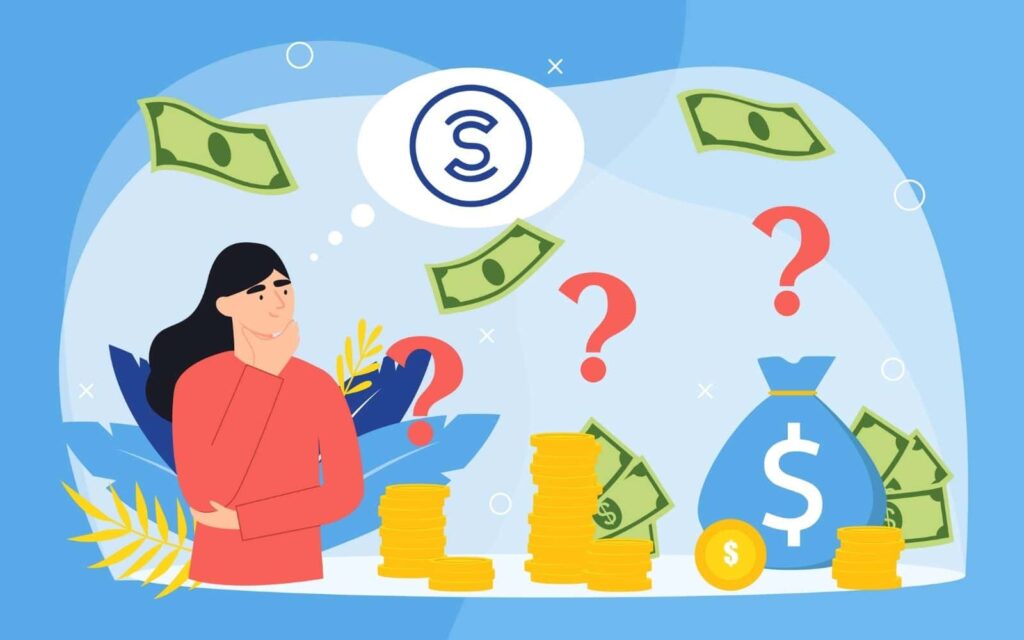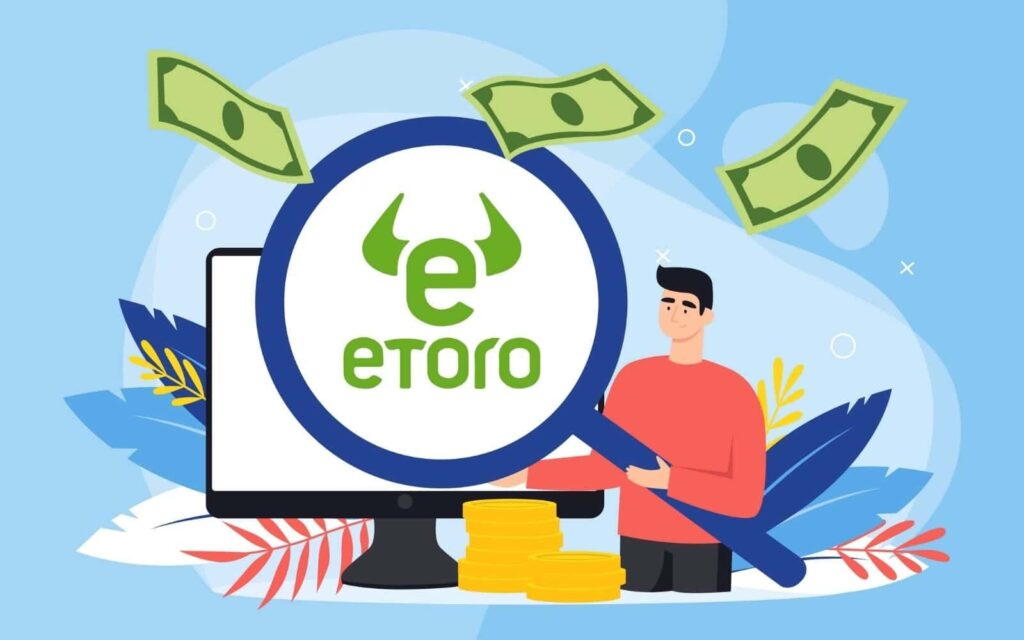Disclosure: This post may contain affiliate links. If you click on a link I may make a small commission at no extra cost to you. You can read the full disclosure here.
Last Updated on June 27, 2022 by Chris Panteli
Do You Need A Business License To Sell On Amazon
If your items are being sold online, you usually don’t need a business license.
Consumers who purchase goods from e-commerce platforms do not have to obtain any permits or pay fees from the federal government.
Do you have to register as a business to sell on Amazon?
There is no one-size-fits-all answer to this question, as the regulations governing business registration vary from country to country (and even from state to state within the United States). However, in general, registering as a business is often required in order to sell products or services on platforms like Amazon. This is because such platforms are typically seen as being for businesses, rather than individual consumers, and as such, businesses must meet certain regulatory requirements in order to use them.
Want to start killing it with your Amazon sales? Then check out our guide on the Best PPC Software And Management For Amazon FBA – and take your Amazon game to the next level!
- Do You Need A Business License To Sell On Amazon
- What Is A Business License?
- Why Don’t You Need A Business License To Sell On Amazon?
- Different Types Of Business Licenses
- How Do You Get A Business License?
- Choosing How To Structure Your Business
- Do You Need An LLC To Sell On Amazon?
- What Is A Sole Proprietorship?
- LLC Vs Sole Proprietorship
- What Do You Need To Do Before You Sell On Amazon?
- Summary
- Do You Need A Business License To Sell On Amazon
What Is A Business License?

A business license is any type of license or permit required by a state or other government entity for businesses to operate.
Federal, state, and local governments issue various types of business licenses and permits for a wide range of commercial activities.
Most states require you to obtain a seller’s permit if you sell goods. This license allows you to collect sales tax from customers.
If you own a physical store, you might need permits in order for commercial activity on the property to be allowed as well as to build or remodel the building.
Permits for things like signage and fire safety may also be required by your municipality.
If you are a stylist, electrician, childcare provider, lawyer, medical care provider, accountant, or sell food, alcohol, or tobacco, or provide other services regulated by state or federal laws, you will need industry-specific licenses.
Why Don’t You Need A Business License To Sell On Amazon?
You do not need a business license if you sell your inventory online. Consumer goods sold on e-commerce platforms such as Amazon typically do not require federal approval.
Despite the fact that your Amazon retail sales take place online, your business is governed by the laws of the state in which it is registered and the county or municipality in which it is physically located.
As a result, whether you need a license to sell online depends on your state and locality.
The majority of states require Amazon sellers to have a seller’s permit or a sales tax license.
According to the IRS, depending on where you live, you may be subject to state and local taxes, as well as other regulations, such as the requirement to obtain a business license.
E-commerce businesses must adhere to the same licensing requirements as traditional retailers, which vary by state, county, and municipality.
To be safe, it’s a good idea to double-check the regulations for the specific states in which you operate.
Different Types Of Business Licenses

A business operating license is a license that allows you to conduct business in your state or municipality.
It may be necessary to obtain it from a state, city, or county.
Seller’s Permit
A seller’s permit, also known as a sales tax permit or a sales and use tax permit, is a type of business license so that you can collect sales tax on taxable services and goods.
Your company is then responsible for remitting the tax collected to the appropriate state taxing authority.
Because seller’s permits are state-specific, you may require multiple permits if you do business in multiple states.
It depends on what you sell and where you sell it whether you need a seller’s permit or not.
Most states require retail and e-commerce businesses to collect and remit sales tax, though certain items, such as food or clothing, are exempt in some states.
DBA
DBA is an abbreviation for “doing business as.”
Getting a DBA allows you to operate under any name that you want because your DBA is distinct from your name as the business owner or the legal, registered name of your business.
Because when you form a business, the legal name will be the name of the person or entity that owns the business.
DBAs are not required in every business.
It is determined by a combination of the legal entity of the business, the requirements of the location, and the preference of the business owner.
Special Permit
A Special Permit is not a permit in the traditional sense but is instead the ability to build a building or establish a use that is not permitted by law.
It typically consists of a set of plans accompanied by a list of findings and approval conditions.
Multi-family housing and larger commercial projects always necessitate special permits.
Federal License
If your business activities are governed by a federal agency, you must obtain a federal license or permit.
Federal licenses are issued for specific types of goods in 11 industries, including agriculture, alcoholic beverages, firearms, ammunition, explosives, mining and drilling, and others.
How Do You Get A Business License?
Every business in every state does not need a business operating license.
The procedure for obtaining a business license and other permits differs depending on the state, county, and municipality.
Create your business entity. You apply for a business license in your company’s name, so if you’re going to form a business entity, such as a corporation or LLC, do so first.
Otherwise, you may have to file a change later and pay a fee.
Request an Employer Identification Number (EIN). This may be required on the business license or permit applications.
An EIN is required for all businesses other than sole proprietorships with no employees. You can obtain an EIN from the IRS online.
Decide which license(s) you require. Depending on your industry and location, you may require licenses from federal, state, or local agencies.
A lawyer or resources from your local Small Business Administration office can assist you in determining your options.
Make an application for a business license. For local licenses, you may be able to apply online, or you may need to submit paper applications.
Some licenses, such as general business licenses and seller’s permits, can be issued immediately.
The review process may be longer in some states or for certain licenses, so plan to apply well before you need to start operating your business.
Renew your company’s license. Licenses and permits may need to be renewed as frequently as once a year.
To avoid a lapse in your licensing, consult with your lawyer and pay attention to the regulations in your state and locality.
Choosing How To Structure Your Business
You can launch your entire online business without first establishing a business structure. The main reason for doing this is to protect yourself in the event of something bad happening.
The possibility of something going wrong and being sued is low, but it can happen. So it’s always better to be safe than sorry.
Many small businesses that start out operate as sole proprietorships. In the United States, you are considered a sole proprietor.
You can start a t-shirt business, and any profits are reported on your income taxes when you file them. In the United States, there is no need to do anything else.
Online business owners can set up their company as an LLC.
An LLC is the abbreviation of Limited Liability Company and is used to offer protection to owners from liabilities or debts.
It is not legally required to do this, but it is a great safety net to have.
It also makes sense to do so once you begin hiring workers to assist you. It’s a great way to keep your business and personal expenses separate.
Consult with an attorney or a CPA to see if an LLC or sole proprietorship is right for you. Both options are excellent ways to get started with an online business.
Do You Need An LLC To Sell On Amazon?
While most Amazon business opportunities do not require a business license, many would-be sellers are curious as to what legal entity their company should be.
For entrepreneurs who are serious about their online sales business, a limited liability company is ideal.
An LLC is fairly common because it provides some protection in the event that your company is sued.
In essence, it is a legal entity formed by your business that is distinct from your personal assets.
What Is A Sole Proprietorship?
A sole proprietorship is an unincorporated business with one owner, and to become one all you have to do is begin selling something.
When you sell a product or service, you automatically become a sole proprietor.
The simplest way to sell products or services online is as a sole proprietor.
However, keep in mind that there is no legal segregation when it comes to the owner and the business with a sole proprietorship, which means the owner is personally liable for any liabilities such as lawsuits or debt.
LLC Vs Sole Proprietorship
While both LLCs and business licenses may be required for your new Amazon FBA business, you should be aware that they are not the same thing.
Understanding the distinctions between them is critical to ensuring that you receive the documentation you require to run your business.
Your LLC is a legal entity that safeguards your personal assets.
A business license, on the other hand, is the documentation required to conduct business in your area.
Depending on what you intend to sell and the industry in which you work, business licenses are issued at the state, county, or local level.
Tap twice to load then open Video...
What Do You Need To Do Before You Sell On Amazon?
While creating an Amazon seller account is a relatively simple process, successfully selling on Amazon is far more difficult.
There are some Amazon seller requirements that must be met before you can begin marketing your products and shipping them to customers.
To begin, you must provide your business information, tax ID, and state tax ID in order to sell on Amazon USA.
Once these documents are acquired, you can start the Amazon seller registration process and set up your Amazon seller account.
Fortunately, creating an Amazon seller account is a relatively simple process.
You must complete the registration process by providing some basic information using the documents you have obtained. When this process is finished, you will be ready to start selling on Amazon.
When you first set up your Amazon seller account, you will be given the option of selecting between two seller plans: professional selling and individual selling.
Enrollment in the professional selling plan costs $39.99 per month, whereas the individual selling plan is free.
Individual selling plans, on the other hand, charge $0.99 for each unit sold on the platform.
This makes the financial decision between the two plans relatively simple: if you plan on selling more than 40 units per month, the professional selling plan will save you more money than the individual selling plan.
Summary
While you are not required to obtain a business license for your Amazon seller account, it is a good idea to form an LLC.
This provides additional protection for your company because you never know what might happen in the future.
A business license is only required if you sell specific products, so it may not be necessary at first.
Make sure to research the local requirements in your area to determine whether a business license is required for your online e-commerce business.







